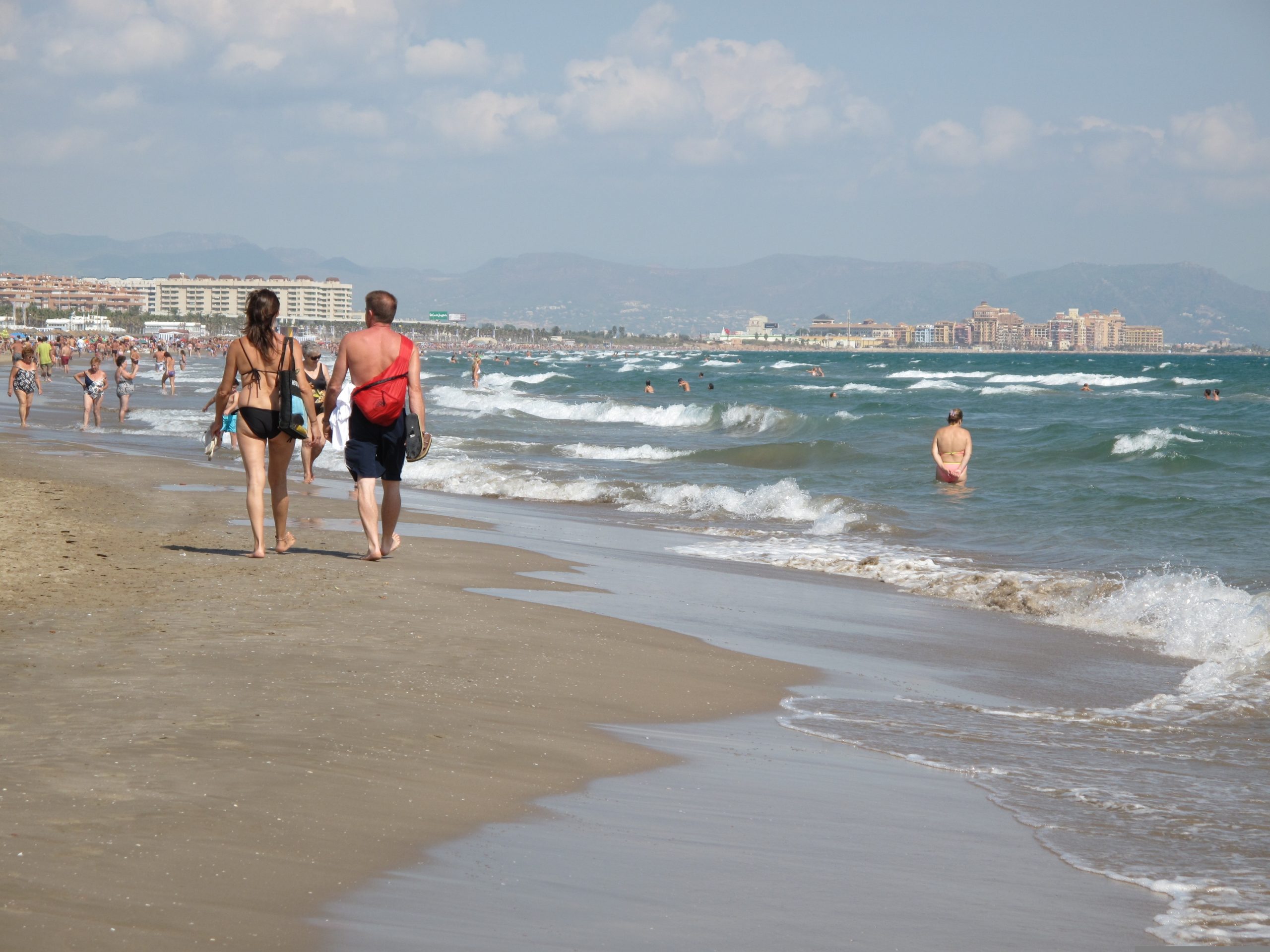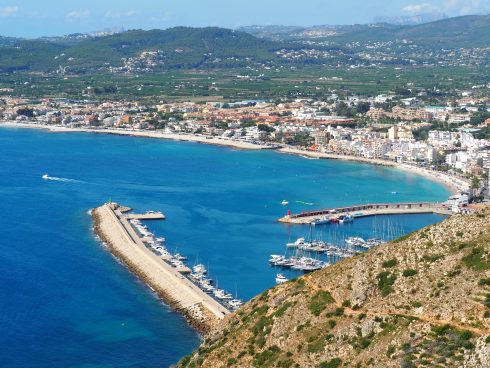SPAIN is forecast to experience record January temperatures as a powerful anticyclone brings unseasonably warm weather to the peninsula.
According to AEMET, the Spanish meteorological agency, temperatures in some regions could reach an unusually high maximum of 28C.
The spell of warm weather is set to aggravate drought concerns, with reservoir reserves dwindling across the country.
The remarkably high temperatures are the result of a strong anticyclone block which is preventing the arrival of Atlantic storms.
Clear skies are expected throughout Spain as the anticyclone brings a band of high pressure that could remain until the start of February.

Temperatures are set to increase on Tuesday, January 23, with cities such as Valencia, Sevilla, Oviedo, Murcia, Cordoba and Bilbao forecast to see highs between up to 23C.
Temperatures are then set to continue to climb towards the weekend, with Valencia and Murica expected to hit highs of up to 28C on Thursday, January 25.
Highs of 24C are expected across the Costa del Sol, temperatures more typical of a month such as March.
Anticyclone blocks can last for several weeks, so the unseasonably warm weather could persist into February.
News of unseasonably warm weather will be greeted by concern from residents and local authorities in Andalucia as fears over incoming water restrictions continue to mount.
Even last week’s inclement weather has failed to replenish the region’s diminishing water reserves.
In spite of heavy rainfall, reservoir levels in the provinces of Malaga and Almeria have continued to drop, leaving the region fearful of imminent drastic water cuts.

Almeria’s reservoirs are operating at a capacity of just 9.3%, whilst Malaga’s reserves are below 16% of their maximum capacity.
Storm Irene and Storm Juan saw heavy winds sweep across the region, impeding the collection of rainfall.
Juanma Moreno, the Junta president, warned last Thursday, January 18, that the region will need at least 30 days of rainfall in order to prevent restrictions this summer.
Fuengirola, with a population of 90,000, recently became the first large town to introduce measures, with water pressure being reduced at night.
The regional government plans to approve an additional €200m funnelled towards anti-drought schemes this month.
These measures will include support for struggling farmers and money for town halls to prevent underground water leaks, a major cause of water loss.
Andalucia is not the only region to be impacted by drought – Catalunya recently declared an emergency, with bans on certain public showers and the filling of swimming pools.
READ MORE:
- Sunbathers and SWIMMERS flock to the beaches of Spain’s Costa del Sol as temperatures surpass 20C – in…
- Drought latest: The biggest cities in Spain’s Andalucia will bring in water cuts within weeks ‘unless there is rain…
- Drought latest: Region in Spain declares emergency as it brings ban on public showers, filling swimming pools and more








